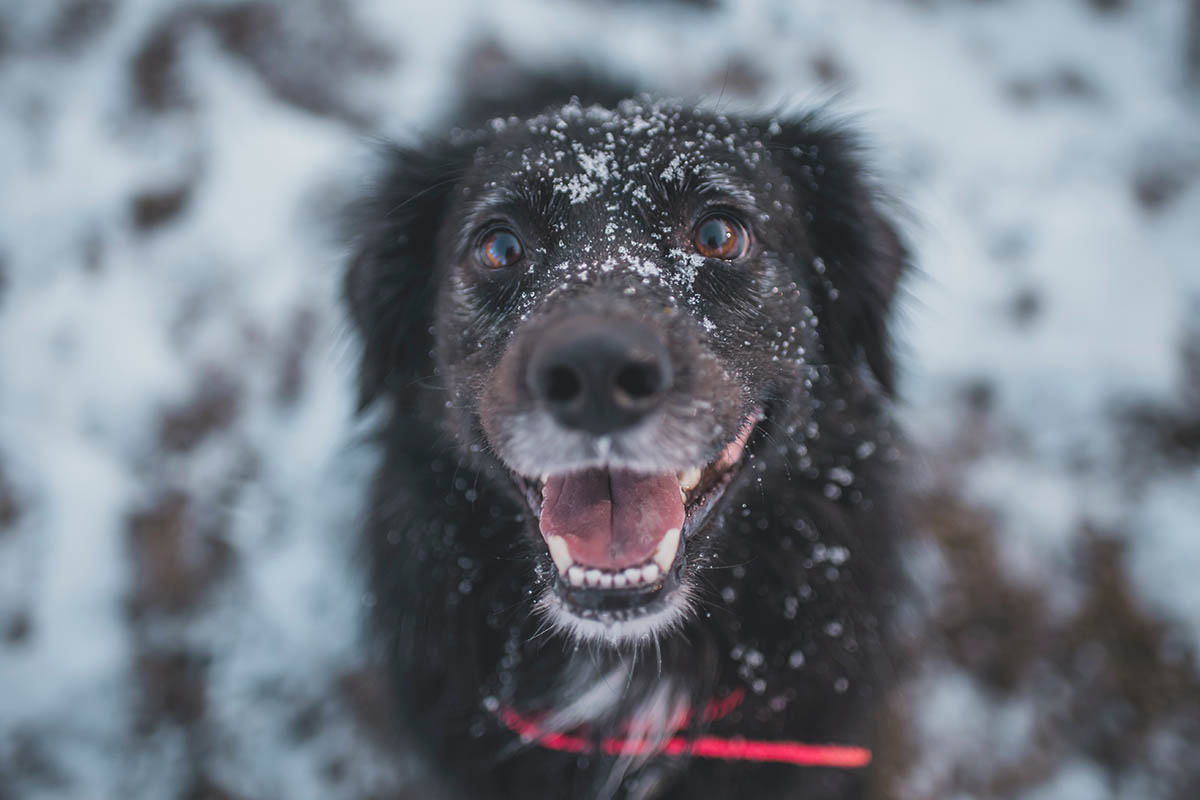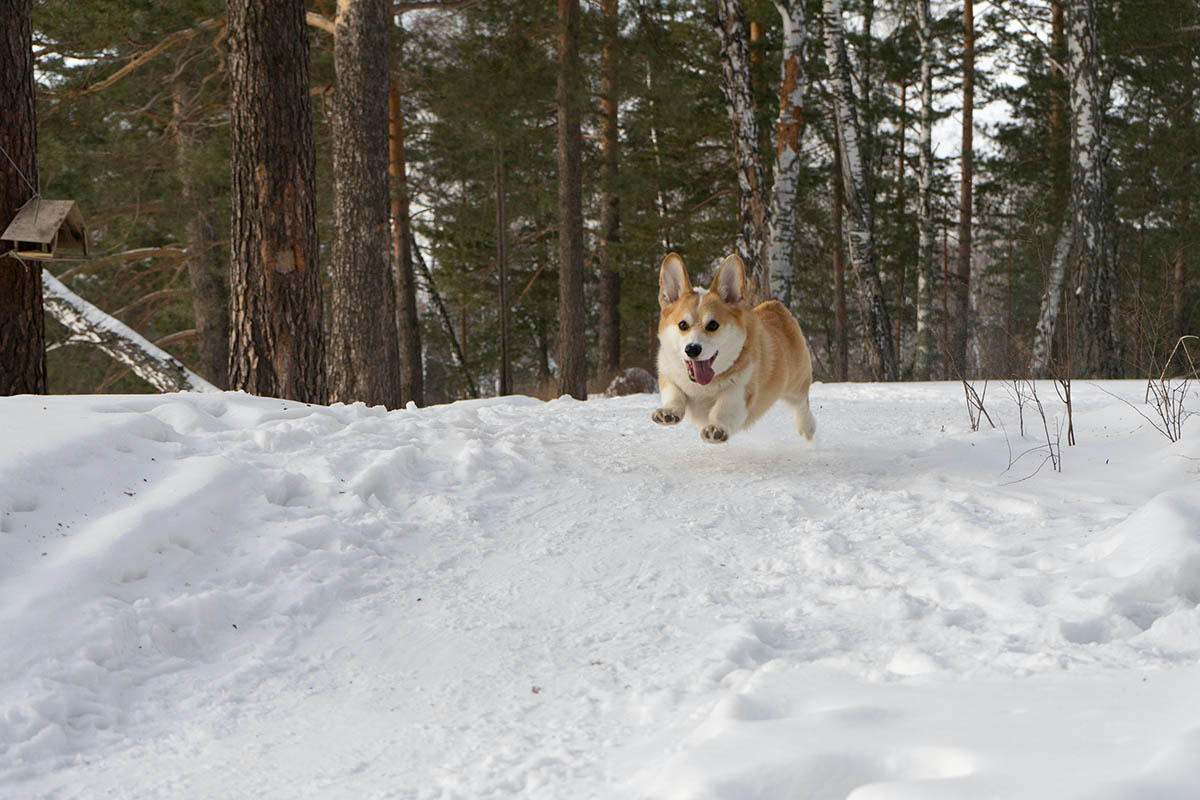The cold breeze is a harbinger of all the good times ahead of us. The winter season brings with it the much-awaited festive celebrations and holidays. But winter is also a time for nasty things like colds, flu, and hypothermia. And just because your four-legged companion is covered in a thick coat, don’t presume it would be immune to cold illnesses.
Like humans, animals also experience a tough time adjusting to the sudden drop in temperature and weather changes. This makes them vulnerable to infections and a host of other health issues. Thus, you must be aware of these ailments to be better prepared for the winter season.
Preparing yourself for the winter season also means taking your pets to the animal hospital virginia beach for regular medical evaluation. In this blog, we have compiled a list of some of the most common weather month illnesses in pets.
Contents
Winter Season Illnesses in Your Pets: Hypothermia
Pets, especially outdoor ones, are susceptible to hypothermia. Hypothermia happens when the body temperature dangerously drops below the normal level. It is a serious condition that requires immediate medical care. When a pet is exposed to cold temperatures for a long period of time, its body temperature starts dropping, causing hypothermia. Severe cases of hypothermia can even lead to death.
Signs of Hypothermia 
If your pet is suffering from hypothermia, it may exhibit these symptoms:
- Drop in body temperature below 95 degrees (Fahrenheit;)
- Excessive shivering;
- Restlessness;
- Tiredness;
- Dilated pupil;
- Rapid breathing, followed by shallow breathing;
- Blackout or unconsciousness.
Since hypothermia can quickly turn fatal, one must take immediate action. If your pet is showing signs of hypothermia, put your pet in a warm room. Use towels or a hair dryer to dry off the pet. Cover the pot with a warm towel or blanket. You can also use heating pads or hot-water bags to warm your pet without worrying about burning them.
If your pet’s body temperature remains below 95 degrees, seek medical help from your veterinarian.
Kennel Cough
Canine infectious tracheobronchitis or Kennel Cough is similar to a chest infection in humans. It’s a viral infection that commonly affects cats and dogs. Kennel cough affects the pet’s respiratory system, making them cough (and thus, the name). Although a pet can contract kennel cough any time of the year, this illness is more common during winter.
Signs of Kennel Cough
If your dog’s cough sounds like a choking fit or is followed by mucus, it’s a clear sign of kennel cough. Other symptoms of kennel cough are:
- Honking or forceful cough;
- Runny nose and eyes;
- Sneezing;
- Increase in temperature;
- Appetite lose.
Like a human respiratory infection, kennel cough is highly contagious. Thus, if your pet has an infection, quarantine them to stop the infection from spreading. Isolate them to prevent other pets from catching the infection. Immediately seek medical help from your vet.
Frostbite
Frostbite is tissue damage caused due to prolonged exposure to cold temperatures. When an animal or human is exposed to the cold for too long, their body starts to redirect the blood from its limbs and extremities to the vital organs.
This process naturally occurs in humans and animals to maintain body temperature. Due to a sudden drop in blood flow in areas like the tail, nose, ears, and limbs, the tissues start deteriorating, leading to frostbite. While frostbite is not fatal, if it is accompanied by hypothermia, one should immediately rush their pet to pet hospital Virginia Beach.
Signs of Frostbite
Signs and symptoms of frostbite vary according to the degree of tissue damage. At the initial stage, the skin around the nose, ears, tail, and toes becomes swollen, red, and hard. As the tissue damage progresses, it leads to blisters. The third and last stage of frostbite manifests as skin darkening. There is an increased risk of contracting a secondary infection or gangrene at this stage.
If your pet is exhibiting signs of frostbite, immediately move them indoors. Use warm water to melt the ice crystals formed on the ears, tail, toes, and nose. This will also help in bringing the blood flow back to normal.
Rubbing or pressing the affected area can cause pain to the animal, so avoid giving a regress massage. You should always seek medical help in case of severe frostbite.
To prevent frostbite, limit your pet’s outdoor time during winter months. Keep the walks short or take them out in the afternoon. If you have an older dog or a short-coated dog breed, use sweaters or jackets to help them stay warm outdoors. However, make sure your pets are not left out in the cold for too long.
Poisoning 
It may come to some as a surprise, but poisoning is relatively common in pets. Indoor pets are more susceptible to antifreeze poisoning. Antifreeze is used during winter to melt the snow from cars, drainpipes, driveways, and sidewalks.
Antifreeze poisoning, if not treated in time, can be fatal. Most antifreeze contains ethylene glycol, a chemical substance that gives antifreeze a sweet and pleasant taste.
Signs of Antifreeze Poisoning
If you suspect your pet has come in contact with antifreeze products, watch out for these signs.
- Unsteady gait or drunk walking;
- Nausea or Vomiting;
- Frequent urination;
- Euphoria;
- Seizures;
- Fatigue;
- Depression;
- Increased heart rate.
If you see any of these signs, don’t waste any moment and rush your pet to the vet. Don’t attempt to treat the symptoms at home without consulting a professional, as any wrong move can be fatal for your pet.
To prevent such mishaps, you should first ensure antifreeze products are kept away from the reach of pets and kids. Also, clean any spilled antifreeze on your driveway or garage.
Ingesting rock salt used to melt winter snow can also cause pets discomfort. Thus, use protective paw pads to keep your pet’s paw safe from rock salt while walking outside. Also, thoroughly clean their paws to ensure they don’t lick any chemicals that may have stuck in their paws and fur.

